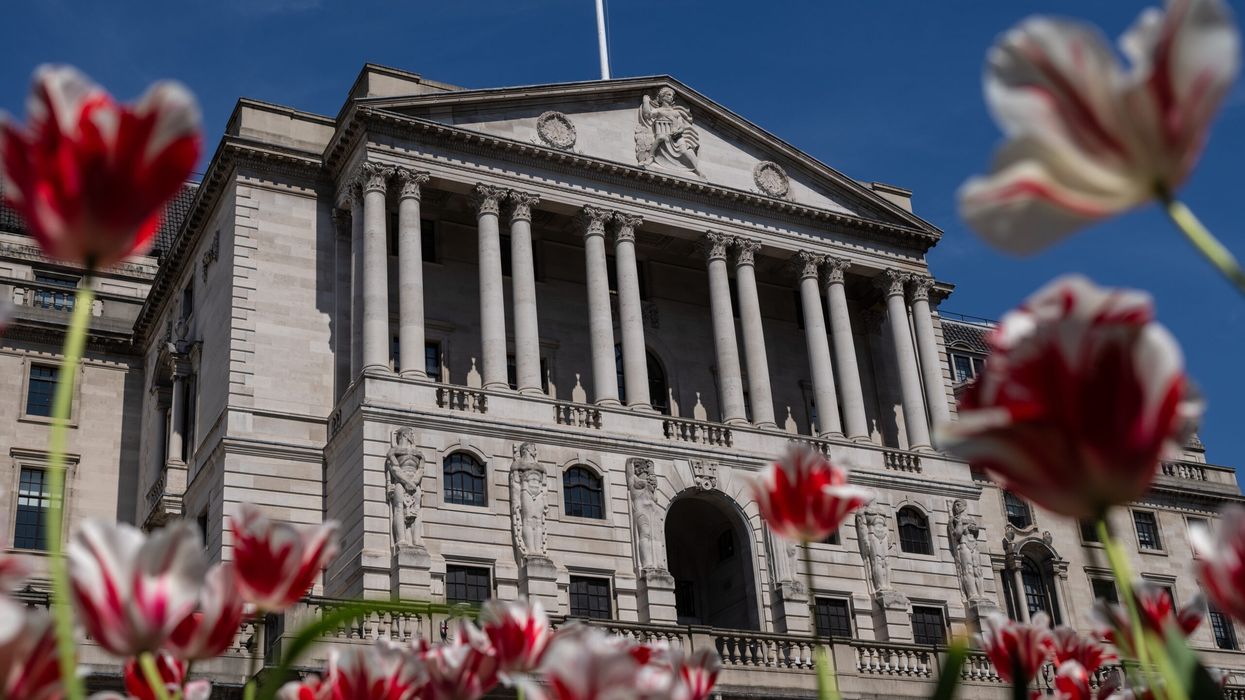THE BANK OF ENGLAND on Thursday cut its key interest rate by a quarter point to 4.25 per cent, citing concerns over slowing economic growth due to US tariffs.
This was the central bank’s fourth interest rate cut in nine months and had been widely expected by markets. The move comes in contrast to the US Federal Reserve, which decided on Wednesday to keep borrowing costs unchanged.
The announcement from the Bank of England followed US president Donald Trump’s announcement of a trade agreement with Britain, the first such deal since the US launched a wave of global tariffs.
“This will be good news all round, including for the UK economy,” BoE governor Andrew Bailey said at a press conference after the decision. “It will help to reduce uncertainty,” he added.
Following its regular meeting in London, the BoE said that “prospects for global growth have weakened as a result of... tariff announcements”.
Despite that, the bank raised its forecast for UK gross domestic product growth this year to one per cent, up from its previous estimate of 0.75 per cent. It projected GDP growth of 1.25 per cent for next year, lower than the 1.5 per cent forecast made in February.
The BoE noted that “trade-related developments in financial markets have generally pushed down on growth”.
Britain is facing 10-per cent tariffs on most of its goods exported to the United States, its second-largest trading partner after the European Union.
Bailey said that easing inflationary pressures, helped by falling oil prices in the wake of the tariffs, contributed to the decision to cut rates.
“The past few weeks have shown how unpredictable the global economy can be. That's why we need to stick to a gradual and careful approach to further rate cuts,” he said.
With the rate cut already priced in by markets, investors focused on whether the Monetary Policy Committee would signal further changes this year.
Minutes from the meeting “underscore the continued cautious approach to cutting interest rates favoured by MPC members”, said Yael Selfin, chief economist at KPMG UK.
Analysts said they expect the BoE to continue with its current pace of easing, with quarter-point cuts every three months since August.
The BoE’s announcement came at 11:02 GMT, two minutes later than usual, as the UK observed a moment of silence to mark the 80th anniversary of Victory in Europe Day.
Also on Thursday, the central banks of Norway and Sweden kept their interest rates unchanged, though both indicated possible cuts in future. The European Central Bank cut eurozone borrowing costs last month.
(With inputs from agencies)





